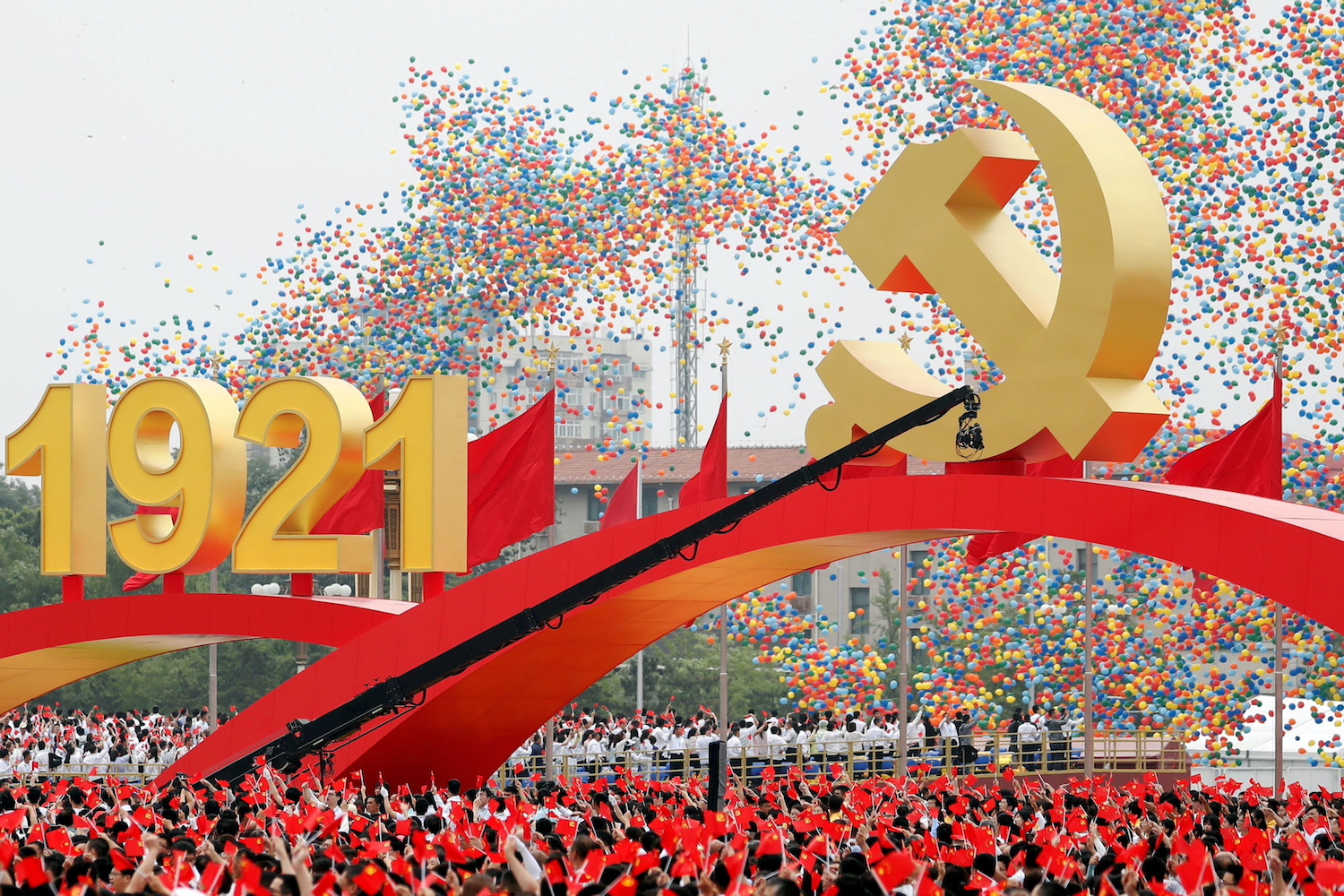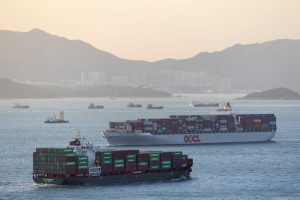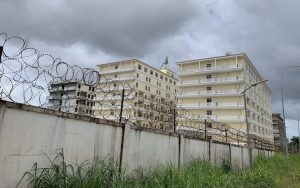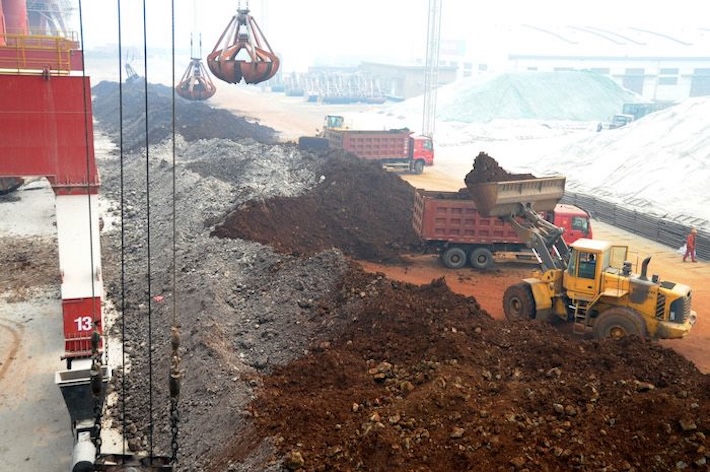Chinese president adopts an assertive stance, pledging to build up military, says he is committed to the ‘reunification’ of Taiwan
(AF) China will not allow “sanctimonious preaching” or bullying from foreign forces, and anyone who tries would “have their heads bashed bloody”, its President Xi Jinping said on the centenary of the Chinese Communist Party.
In an hour-long speech before a crowd of 70,000 in Tiananmen Square in Beijing, Xi pledged to build up China’s military, committed to the “reunification” of Taiwan and said social stability would be ensured in Hong Kong while protecting China’s security and sovereignty.
“The people of China are not only good at destroying the old world, they have also created a new world,” said Xi, China’s most powerful leader since Mao Zedong, the founder of the People’s Republic. “Only socialism can save China.”
Xi and the party are riding high as China recovers briskly from the Covid-19 outbreak and takes a more assertive stance on the global stage. Xi declared at the very beginning of his speech China has achieved “xiaokang” – its goal of creating a moderately prosperous society.
But Beijing faces external criticism over its clampdown in Hong Kong and treatment of ethnic minorities in Xinjiang, and is dealing with a worsening demographic outlook that imperils long-term economic growth.
Taiwan lashed out at the CCP after Xi’s speech, saying that economic development had come at a cost of democracy, human rights and Beijing’s dictatorial approach. It said the Taiwanese government was determined to defend the island’s sovereignty and democracy, urging the CCP to abandon its military intimidation.
A survey of 17 advanced economies released on Wednesday by the US-based Pew Research Center showed that views about China have remained broadly negative, while confidence in Xi is near historic lows.
On Thursday, Xi said that the people of China would never allow any foreign force to bully, oppress, or subjugate them.
“Anyone who dares try to do that will have their heads bashed bloody against the Great Wall of steel forged by over 1.4 billion Chinese people,” he said, sparking applause from an audience handpicked to hear his keynote speech. The phrase became the top trending topic on China’s Twitter-like Weibo on Thursday morning.
Tang Renwu, a professor of public management at Beijing Normal University, said the tough talk was in response to US and western efforts to “contain” and “suppress” China.
“Xi’s stronger-than-usual response would have the effect of invoking even more patriotic and nationalistic sentiment among the Chinese people,” Tang said.
MILITARY MIGHT AND SOVEREIGNTY
China, whose rapid military modernisation has fuelled growing worry among its neighbours and in the West, will build up its armed forces to safeguard its sovereignty, security and development, elevating them to world-class standards, Xi said.
“We must accelerate the modernisation of national defense and the armed forces,” said Xi, who is also chairman of the Central Military Commission, which controls the armed forces.
Resolving the Taiwan question and realising China’s complete “reunification” is an “unswerving historical task” of the party, Xi said.
“All sons and daughters of China, including compatriots on both sides of the Taiwan Strait, must work together and move forward in solidarity, resolutely smashing any ‘Taiwan independence’ plots,” he said.
China, which considers democratically-ruled Taiwan its own, has stepped up efforts to assert its sovereignty claims, frequently sending fighter jets and bombers close to the island.
In regard to Hong Kong and Macau, Xi said China will “stay true to the letter and spirit of the principle of ‘One Country, Two Systems’,” under which the two are promised a high degree of autonomy.
However, a sweeping national security law imposed on Hong Kong a year ago has seen Beijing drastically tighten its grip on the once freewheeling financial hub.
Thursday also marks the 24th anniversary of the handover of former British colony Hong Kong to China, a date once met with mass demonstrations against Beijing. Thousands of police were deployed in an effort to prevent a repeat of protests on Thursday.
With Hong Kong’s chief executive Carrie Lam attending the festivities in Beijing, her deputy John Lee oversaw a flag-raising ceremony in an exhibition centre as police and water cannon trucks patrolled streets nearby.
“While safeguarding national security, residents continue to enjoy freedom of speech, freedom of press, freedom of assembly and demonstration and others according to the law,” Lee said in a speech.
With reporting from Reuters and Agence-France-Presse.
ALSO SEE:
The Great Firewall of China: A source of friction with West and weapon against it






















